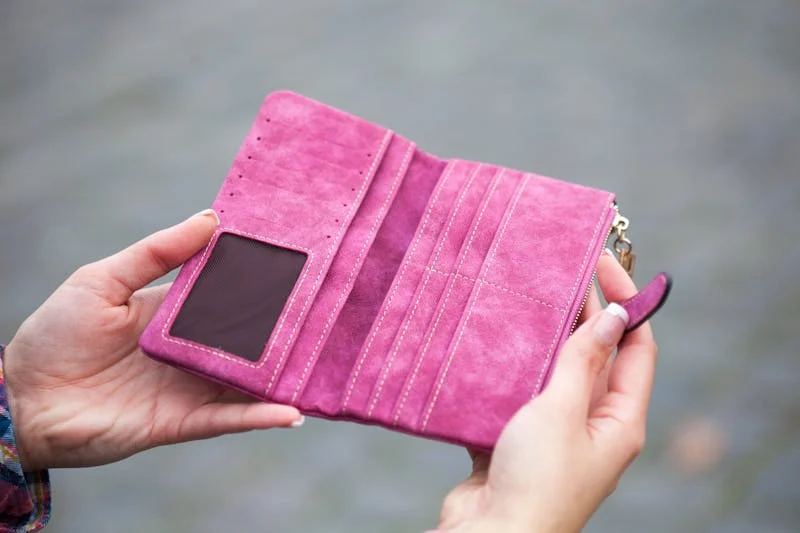
What is Bankruptcy?
Bankruptcy is a legal process that allows a person to deal with debts that they are unable to repay. Most debts are wiped in bankruptcy and subject to some restrictions a fresh start can be made.
Any assets of significant value may have to be sold and the proceeds shared between the creditors. “Household items” (such as your clothes and bedding, possibly a car, but not including electronic equipment) are exempt.
Bankruptcy can be complicated and a decision about whether or not to go bankrupt should not be taken lightly. Advice should always be taken.
Going bankrupt
There are three ways of becoming bankrupt:-
- An individual can petition for their own bankruptcy
- A creditor can petition for an individual’s bankruptcy
- The supervisor of an individual voluntary arrangement can bankrupt an individual
Before petitioning for bankruptcy, advice must always be sought. You will then need to file at court:
- A bankruptcy petition
- A statement of affairs
- Payment for the court fee and deposit
There is no minimum amount of debt required for an individual to petition for bankruptcy, however, an inability to repay the debts must be demonstrated on the statement of affairs. At the bankruptcy hearing the court has discretion whether to make the order or not.
Being made bankrupt by a creditor
If a creditor is owed £750 or more then they can petition for your bankruptcy once they have shown that you are unable to repay the debt or have no reasonable prospect of being able to repay. This debt must be owed at the date of petition.
Being made bankrupt by a supervisor in an IVA
A supervisor of an individual in an Individual voluntary arrangements (IVA) will be able to petition for that individual’s bankruptcy if the individual has:
- Failed to comply with the terms of the IVA
- Made false or misleading information or omitted material facts
- Failed to comply with the supervisor’s reasonable requests
The bankruptcy order
Once the bankruptcy order has been made the individual will be bankrupt and will usually be discharged after a period of one year. At the date of discharge the individual will be cleared of the qualifying bankruptcy debts. In some cases the court may:
- dismiss the petition
- ask an insolvency practitioner to investigate the feasibility of an IVA
- Suggest that the individual applies for a debt relief order
Who can go bankrupt?
Only individuals can apply to become bankrupt. Different rules apply to limited companies. Individuals involved in a partnership should always seek professional advice regarding their options as the insolvency of partnerships can be particularly complex.
After the bankruptcy order
After the bankruptcy you will lose control of your assets and your affairs will be investigated by the Official Receiver. If you have significant assets, such as a property with a significant amount of equity, then an insolvency practitioner will be appointed as trustee to realise those assets for the benefit of the creditors.
During the bankruptcy the following restrictions apply:
- You cannot obtain more than £500 of credit without disclosing status as a bankrupt
- You cannot be a director of a limited company
- You cannot trade in a different name in business without disclosing the name under which the bankruptcy order was made
Read a Guide to Bankruptcy for further information

